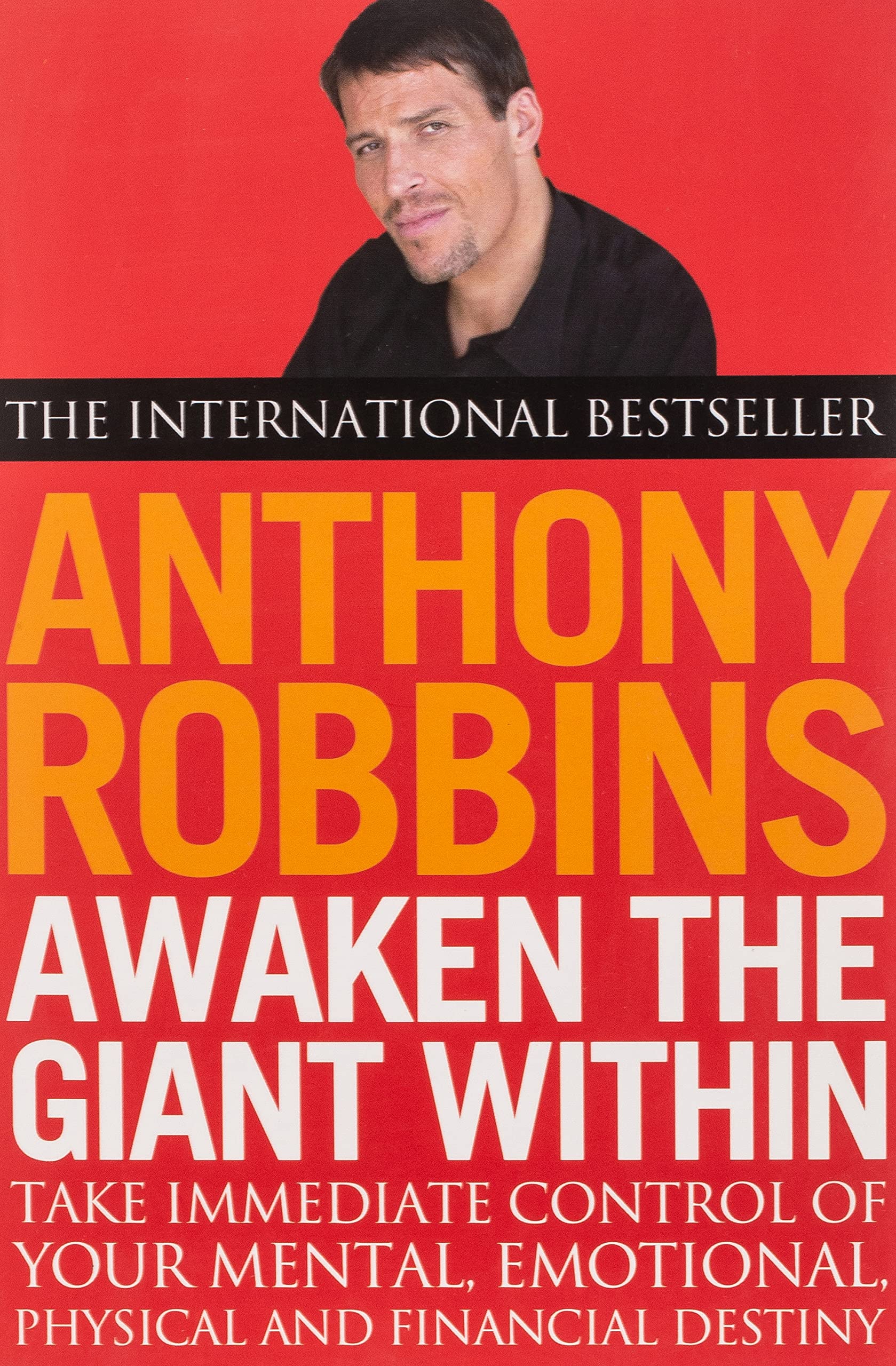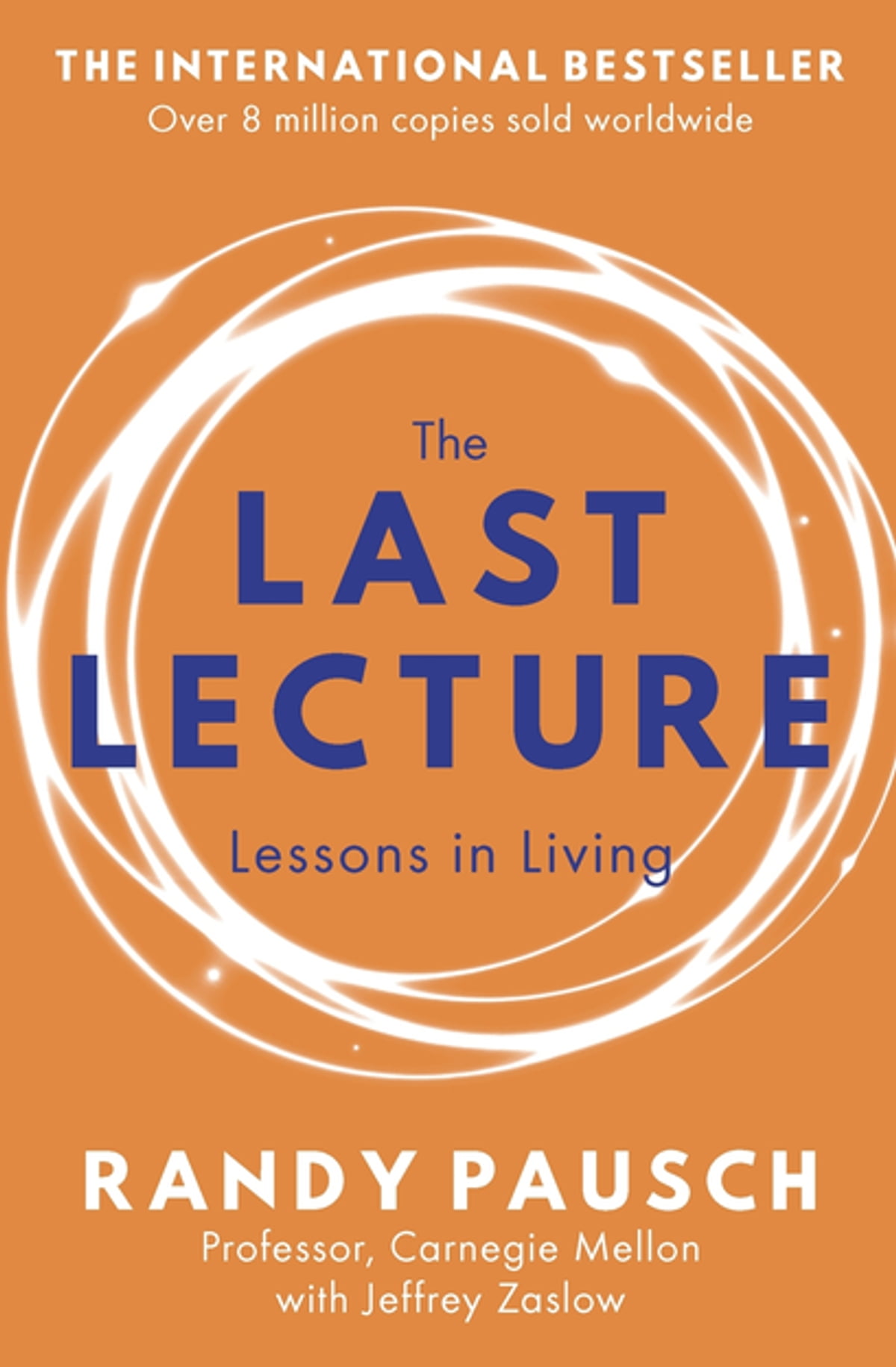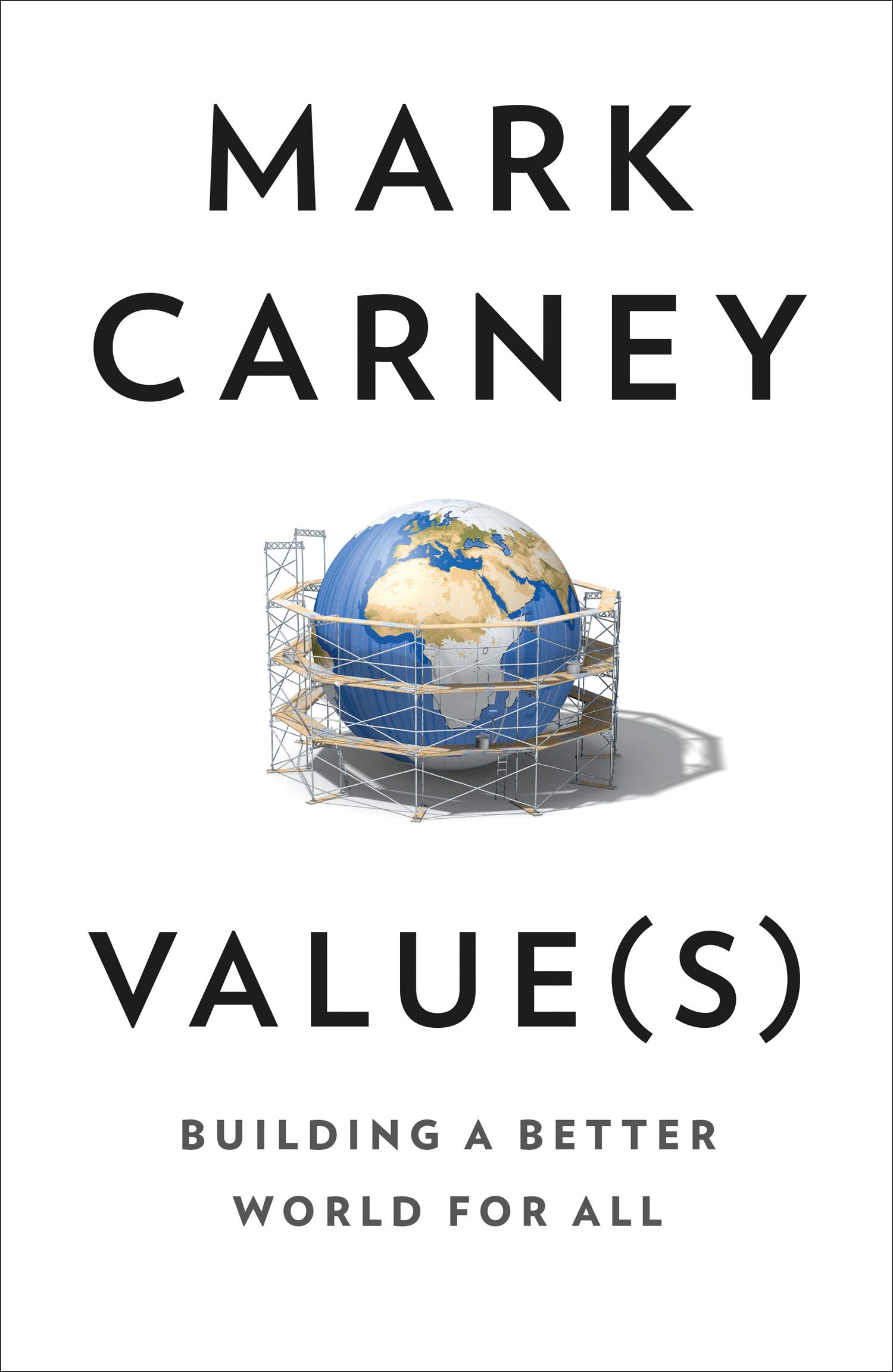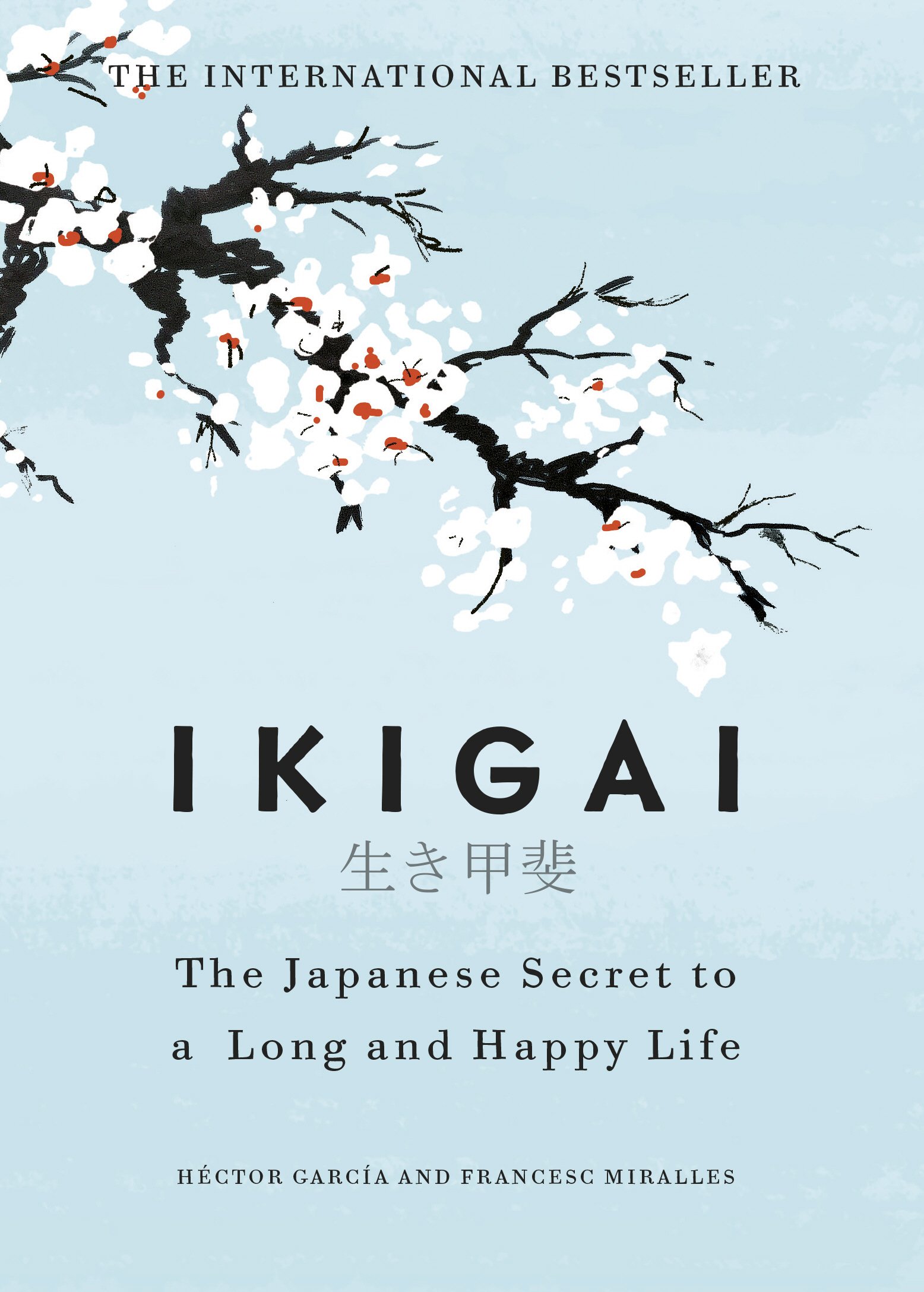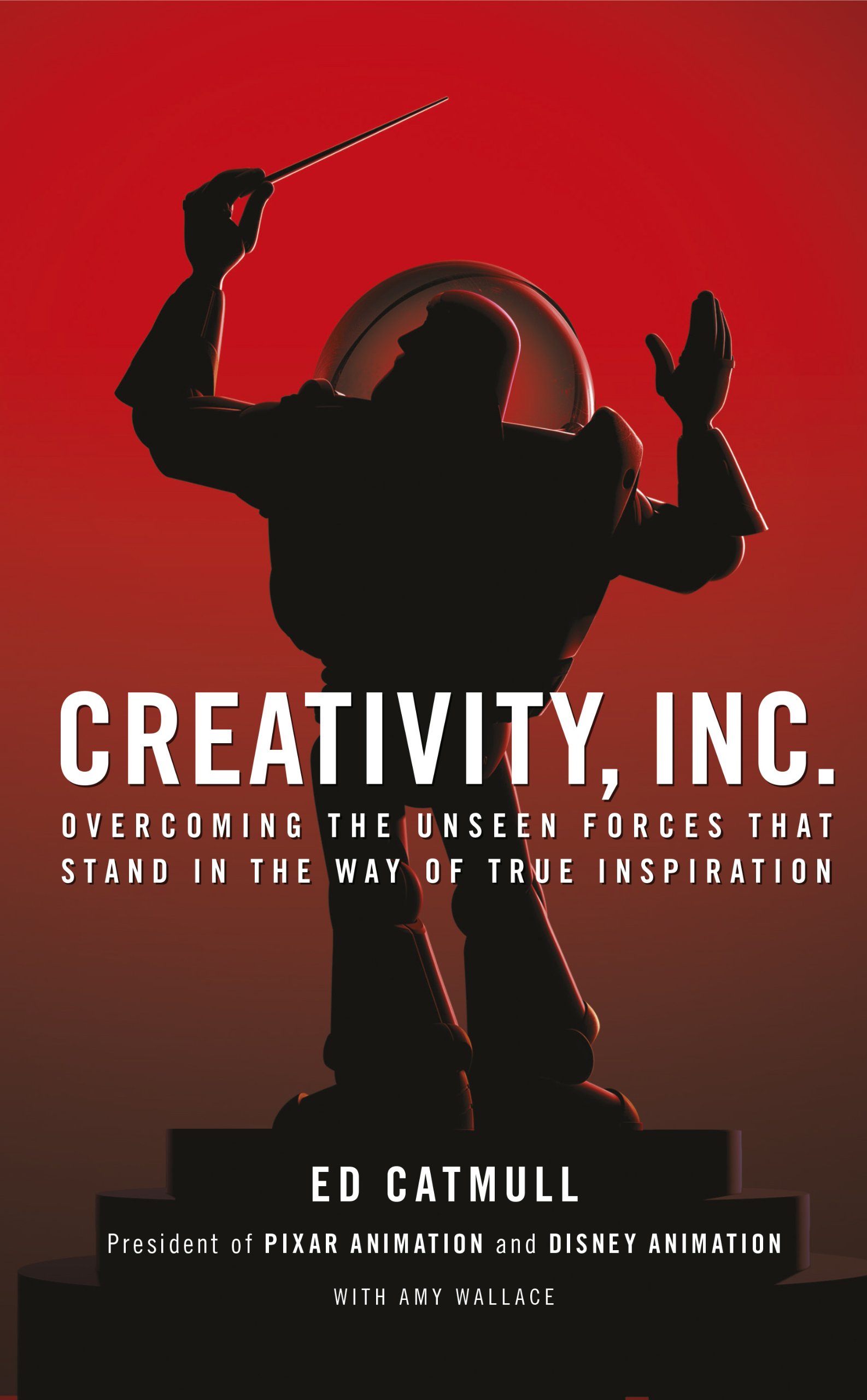If you truly decide to change, you can make it happen.
Awaken the giant within by Anthony Robbins is a book about behaviour change and living the life you want. It is wide-ranging: physical, mental, spiritual, financial, relationships etc. The central message is that if you want something in life, and truly want it, then you can condition yourself to make it happen. The first step is using questions and your values to decide what you want out of life (in all domains). Then determine what needs to change. Next, associate ‘massive pleasure’ and ‘massive pain’ with the actions that will/won’t lead to the outcome. Robbins says that if the conviction is strong enough then the change will come about.

Key points:
- Any change (physical, mental, spiritual, financial) must begin with a resolute decision for that change
- The intensity of desire correlates with the probability of achieving that change
- Robbins advocates for making such a strong decision that there is no possibility of any alternative outcome (i.e. the absence of change)
- This then translates into habits
- The way to do this is you condition yourself by associating what you want with ‘pleasure’ and what you don’t want with ‘pain’
- [Negative associations may be more effective given then strength of loss aversion]
- Make rewards variable – this tends to cause greater actions than fixed/consistent rewards
- You also need an alternative action/behaviour/thought process to replace the previous one with
- You may need to change your global beliefs (e.g. life is always fair) or more specific limiting beliefs (e.g. I will never be wealth) to truly commit to change
- Be aware we often use metaphors that contain fixed belief patterns
- Your life is shaped by decisions:
- What you focus on
- What each thing means to you (and the meaning you attach to events)
- What you will do to change the above
- You get stronger by making hard decisions more often
- [Reminiscent of “Hard choices, easy life. Easy choices, hard life.” – Jerzy Gregorek]
- The habitual questions you do (and don’t) ask yourself prompts the desire for change and therefore your direction in life
- Not necessarily big philosophical questions (e..g. Why am I here?) as you can spend your whole life feeling like you don’t have the correct answer to these questions
- Approach all change with a long-term focus as there will be a period when you feel like there is no improvement
- Robbins advocates a complete internal locus of control (i.e. if I want to change something in my life, then I can change it, irrespective of external factors)
- You may need a sudden/significant interruption to regular patterns to initiate behaviour change
- Decide the emotional state(s) you want experience
- Make a clear plan for how you will achieve this, particularly avoiding/getting out of the emotional states you don’t want to experience
- There is no need to wait for something good to happen in order to feel good; choose to feel happy as the default
- But also know what strategies to make yourself feel better and specifically plan to do (at least one of) them every day
- It is more common to have lots of ways to feel bad, and few ways to feel good
- Practice changing your conscious thoughts to only positive/solution-finding processes
- But also know what strategies to make yourself feel better and specifically plan to do (at least one of) them every day
- The language we use can change how we feel/act/live
- E.g. decide to always answer “How are you?” with “I feel brilliant!”.
- Be completely clear (and decide upon) your core values
- This simplifies decision-making and goal-setting
- Know what ‘rules’ determine if you feel you have succeeded in aligning with those values
- Ensure that the criteria you set yourself are sensible. For example, if you value health then having the rule “I must never eat anything unhealthy and must do > 1 hour of exercise a day” is not helpful as you will often feel bad for not completely fulfilling the rule.
- Re-write your success criteria to make it easy to complete
- Use a 20-year timeline when goal-setting within various areas (e.g. personal development, career)
- Include the question: what would I want/do if I knew I could not fail?
- Must have an extremely powerful rationale for the goal
- “…knowing what to do is not enough: you must do what you know.”
Whilst some(/much) of the book can come across as pseudo-science, the advice does overlap with many other well established authors. For example, choosing your emotional state; deciding what to attach importance to; having a long-term mindset; and using questions to challenge limiting beliefs.
However, I must warn you that the text is somewhat repetitive and I am not sure it is necessarily in the best order. It was a pretty long book, too. Finally, I think that Robbins places an unrealistic weight on the internal locus of control i.e. how much an individual can control everything. Life is absolutely not under our control the whole time. There is very good evidence (i.e. multiple RCTs) to show that individuals with a strong desire for behaviour change, even with support, even under trial conditions, are not able to always achieve the behaviour change. So from that perspective, his writing is unrealistic.
Still quite motivating.
So, I suggest use this book as a kick start to any behaviour change. And you will need other strategies beyond just human conditioning to maintain it long-term.
More books like this:
- The power of habit by Charles Duhigg
- The one thing by Gary Keller
- Atomic habits by James Clear
- The subtle art of not giving a f*ck by Mark Mason
- The compound effect by Darren Hardy
